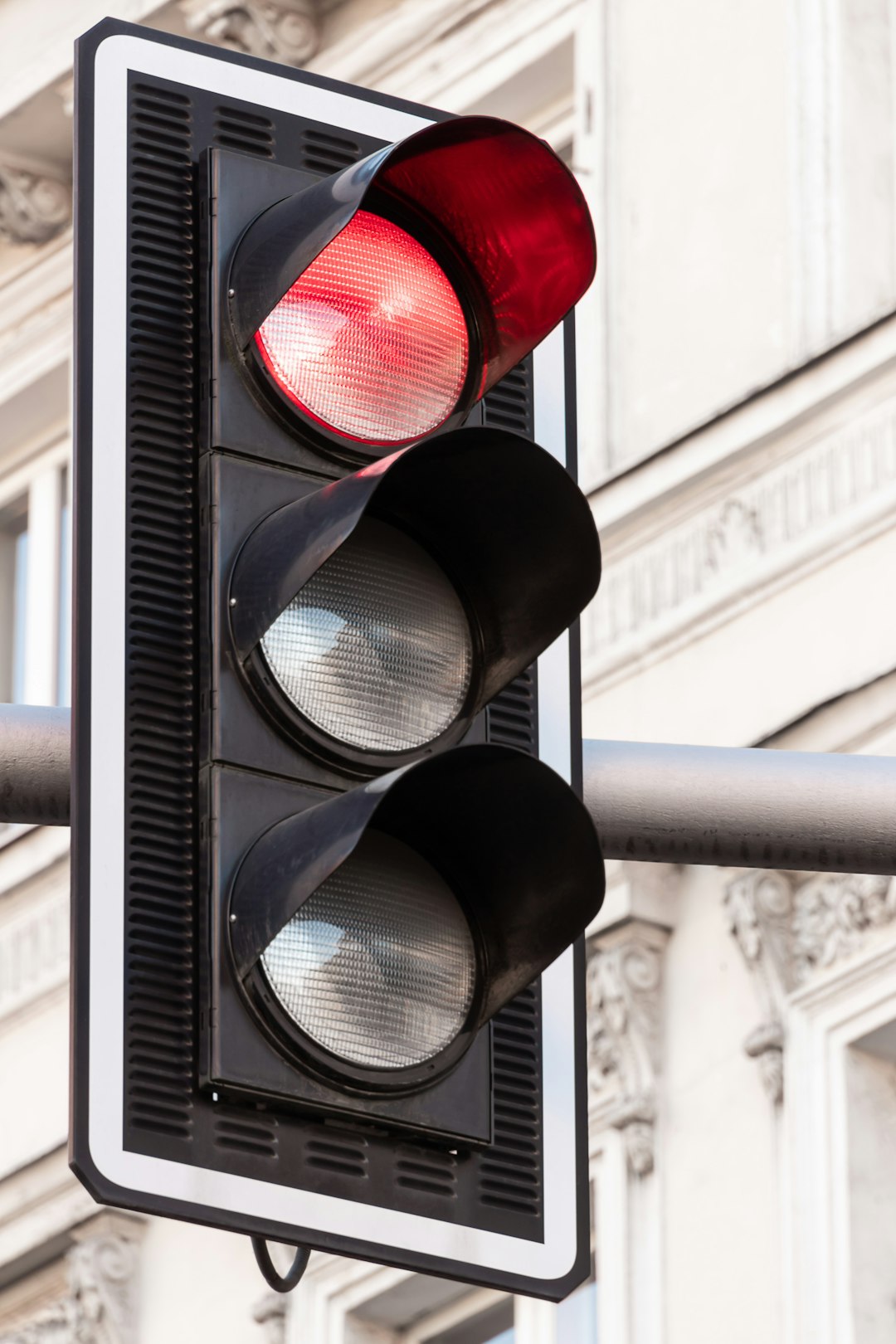Learning How To Say No
Easier said than done. Shall we try it together…?

Last week a good friend messaged about getting together for dinner. I really wanted to see her, and our plans had already fallen through twice, so I said yes.
Now, after organising to see someone you love, one should feel… Happy? Excited?
Yeah, except I didn’t feel either of those things. I felt nervous, almost sick to…
Keep reading with a 7-day free trial
Subscribe to Prioritise This to keep reading this post and get 7 days of free access to the full post archives.

